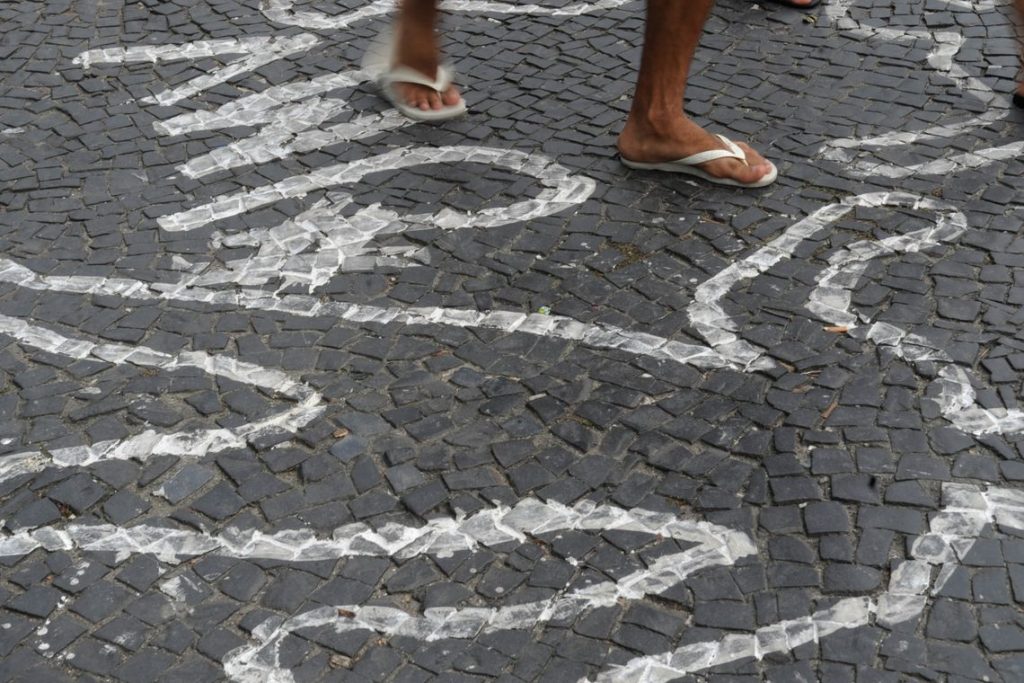RIO DE JANEIRO, BRAZIL – Brazil saw a drop in the main crime indicators in 2019, according to data released by the Ministry of Justice and Public Safety on Wednesday, April 15th. Intentional lethal violent crimes – first-degree murders, armed robbery and bodily injury followed by death – dropped 19 percent.

There were 42,201 people murdered in Brazil between January and December of last year. It’s the smallest number since data collection was begun in 2015.
In 2019, there were 39,776 first-degree murders (19 percent decrease compared to 2018), 1,566 armed robberies (23 percent decrease) and 859 bodily injuries followed by death (6 percent decrease).
The data also points to a reduction in the number of crimes against property. Vehicle thefts fell 26 percent (from 244,564 to 182,031), cargo thefts dropped 21 percent (from 21,619 to 17,155), auto thefts dropped 240,706 to 214,484 (down 11 percent), and bank robberies dropped 41 percent (from 767 to 452).
The SINESP (National Public Safety Information System) does not record deaths as a result of police action. The Ministry also failed to disclose the number of thefts in general.
Moro had been celebrating the decrease in homicides since the second half of last year. Partial data showed a 23 percent drop.
However, the reduction is in line with a trend that began in 2018, when there was a 14 percent drop in homicides compared to 2017.
The reasons for the decrease, which began before the Bolsonaro administration, however, are hardly assessable. A number of experts claim that there is no single factor explaining the phenomenon, nor was there a national coordination action to clarify the results. Among the assumptions would be the dynamics of organized crime and specific actions of state governments, such as the commitment of more effective policing in the streets.
On Twitter, Moro congratulated the “federal, state, district and municipal forces and their respective governments” and said they are all working together.
“Official data confirm the significant drop in crime in 2019, the first year of President Jair Bolsonaro’s administration. A total of 10,107 Brazilians were not killed as a result of criminal action,” he wrote.
The database used by the Ministry to report the drop in rates, the SINESP, does not comply with basic criteria for statistical standardization and is therefore the target of distrust by researchers.
Founded seven years ago at a cost of some R$200 million, the system does not require a technical criterion from states and districts, nor does it oversee the source of data collection. Thus, it plays the role of a technological platform that gathers information on criminal occurrences in a general and often incomplete format.
The database only began to be fed systematically by the states in late 2018.
Source: Folhapress

